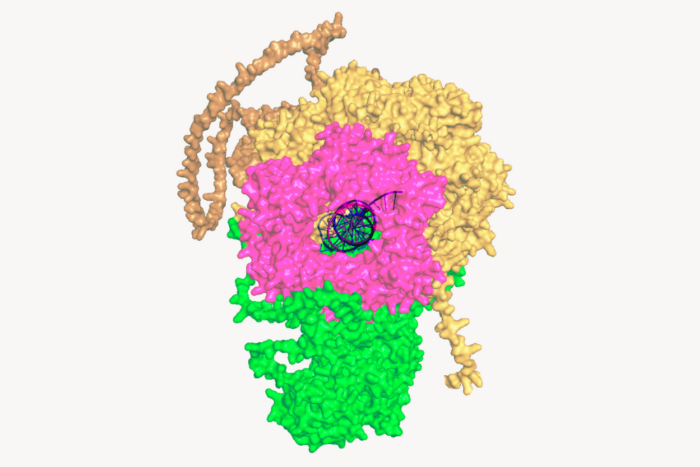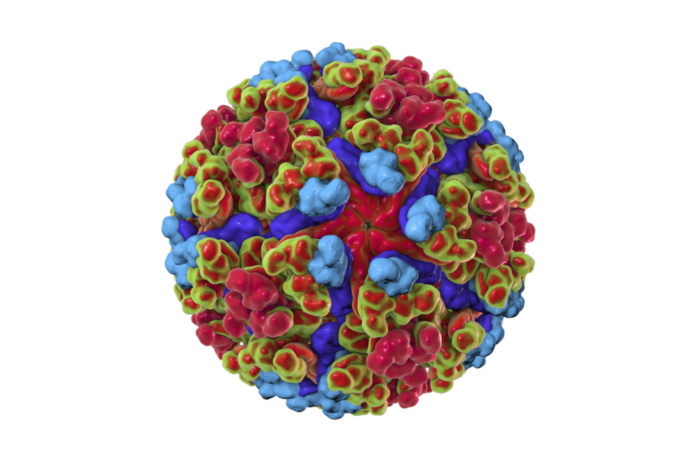New $600 million campaign launches
by LESLIE CHURCH
With the introduction of an ambitious new strategic plan, The Rockefeller University is also embarking on a fundraising initiative, to be called the Campaign for Transforming Biomedicine. The campaign seeks to raise at least $600 million in nine years to facilitate the university’s vision of bridging fundamental science with research on disease.
The initiative is already off to a strong start. Its first fiscal year, which ends this June, has seen $130 million in gifts including 21 donations of $1 million or more. It is among the best fundraising years in the university’s history — second only to 2005, when David Rockefeller made a commitment of $100 million.
The university’s previous fundraising campaign, the seven-year Campaign for Collaborative Science, concluded in 2011 having raised nearly $628 million in gifts and grants and exceeding its original goal of $500 million set in 2003. Approximately $152 million of that total came in the form of flexible funds to finance construction of the Collaborative Research Center.
The new campaign kicks off with two new trustee gifts announced at last week’s Board meeting: a $25 million unrestricted gift from the Carson Family Charitable Trust, headed by Russell L. Carson, and a $20 million gift from the Simons Foundation to support faculty recruitment.
“The strategic plan that Marc and the faculty have put forth is tremendously exciting and will strengthen both basic and translational research at the university,” says Mr. Carson, chair of the university’s Board of Trustees. “My family’s financial commitment reflects our firm belief that Rockefeller maintains a standard of excellence that sets it apart and that ensures that its faculty will continue to make transformational discoveries in the years ahead.” In recognition of Mr. Carson’s donation, Marc Tessier-Lavigne will be named the Carson Family Professor.
The gift from the Simons Foundation, a philanthropy founded by mathematician James H. Simons, a member of the Board since 2000, and his wife Marilyn, will be used primarily for faculty recruitment. The Simons Foundation sponsors a range of programs to advance the frontiers of research in mathematics and the basic sciences.
“Marilyn and I are pleased to support The Rockefeller University as it enters an exciting new chapter in its history,” says Dr. Simons. “The university sets an exceptionally high bar in the laboratory heads it recruits. World class faculty, in turn, help to attract the best graduate students and postdoctoral fellows, thereby creating a vibrant culture for excellent research.”
Other major gifts in this year’s total include a previously announced donation of $10 million from the Robertson Foundation, headed by Trustee Emeritus Julian Robertson, to support the university’s search for the best early-career scientists to join the faculty. In addition, a grant of $15 million from the Leona M. and Harry B. Helmsley Charitable Trust has created a new interdisciplinary center in research related to diseases of the digestive system.
The university’s Women&Science initiative, now in its 15th year, raised a record $5.1 million for breast cancer research, far surpassing its original goal of $3.5 million. Leadership benefactors including Trustee Marlene Hess, Jeanne Donovan Fisher and the Helena Rubinstein Foundation provided challenge grants, which are donations that match the university’s fundraising efforts from other sources. The Irene Diamond Fund was also a major contributor.
The effort to raise funds for the Cohn-Steinman Professorship announced in April has also been highly successful (see “Nobel winnings to fund Cohn-Steinman professorship”).
Among the specific fundraising goals of the Campaign for Transforming Biomedicine are $60 million for the recruitment of new faculty, $50 million for funds to support medical sciences and biotechnology, including translational research pilot grants and the development of new therapeutics, and $100 million to strengthen the university’s endowment. Additional funds will benefit human genetics research, including the creation of the new Center for Genomic Medicine, and provide for the acquisition of new technologies.
In addition, the need for laboratory renovations and other campus construction projects constitute a major funding goal. The university aims to raise between $115 million and $365 million toward building costs, depending on the outcome of the master planning process now under way (see “Board approves nine-year strategic plan”). If university officials decide to proceed with a new research building over the FDR Drive, the financial goal would rise above $600 million.
“Compared to previous campaigns, this one is very ambitious given that the economy is still challenged,” says Marnie Imhoff, vice president for development. “It’s clear that private support is more critical now than ever before, as NIH funding has been flat and instability of capital markets means uncertainty about the future of our endowment returns. Thanks to the generosity of the university’s supporters, we are off to a great start on this campaign.”
“A strategic plan is only as strong as the funding behind it,” says Dr. Tessier-Lavigne. “We are grateful to have so many benefactors who believe in Rockefeller’s mission and continued success as an engine of transformative discoveries. It’s the donors that will turn this plan into a reality and enable our researchers to make those discoveries.”


